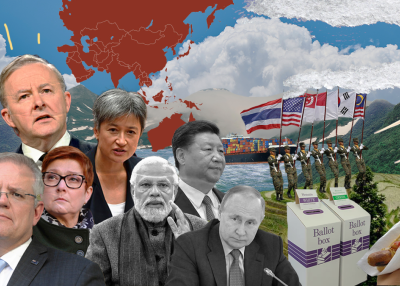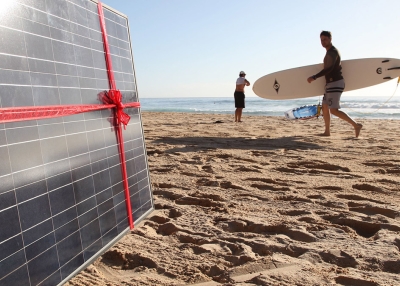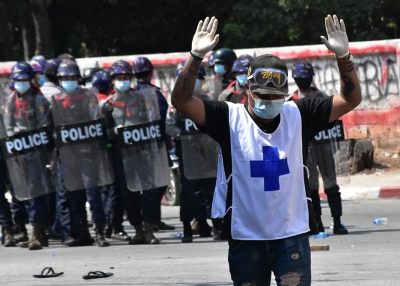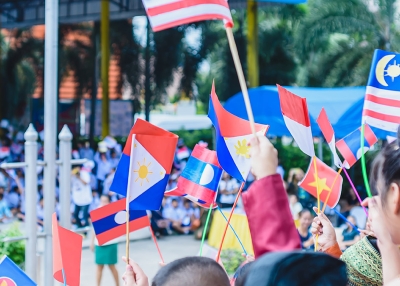Election Policy Brief | Australia’s Future in a Shared Region
by Philipp Ivanov, CEO, Asia Society Australia
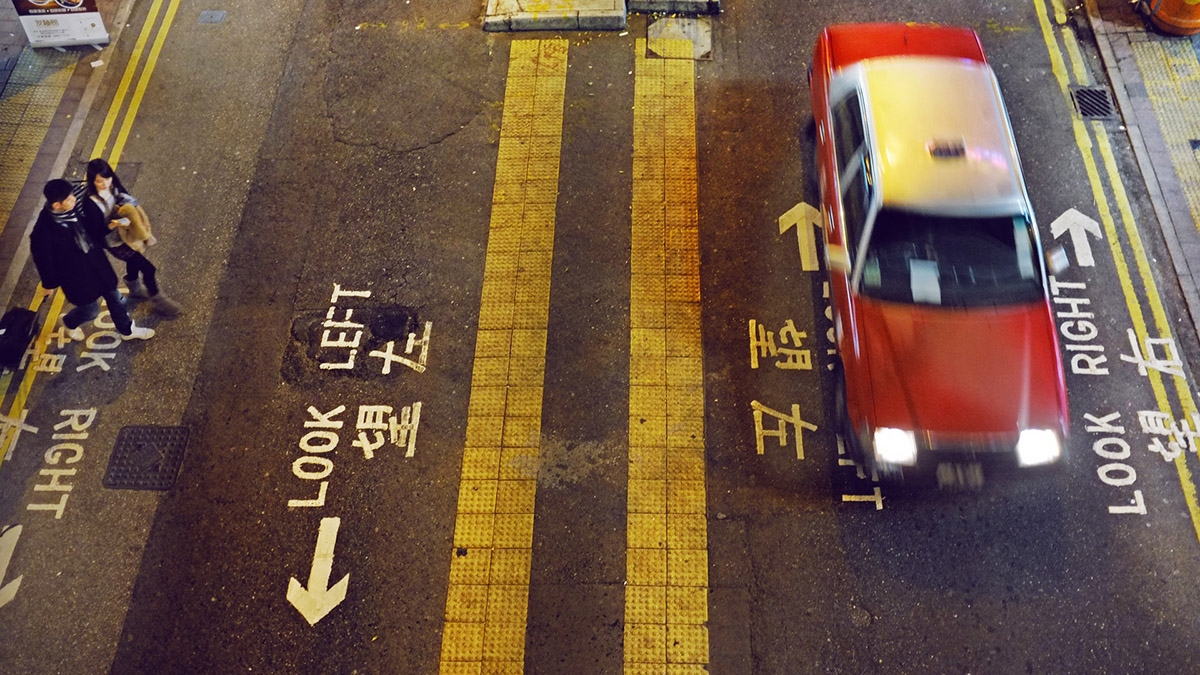
The incoming government brief to be handed over to the winner of the May 21 general election by the Department of Foreign Affairs and Trade will not be happy reading.
Australia faces the gravest set of economic, strategic and environmental challenges to its future security and prosperity than at any point since the end of the Second World War.
Navigating this period safely will be an immense task, requiring diplomacy that is more than just tough-minded, defence capabilities that are delivered on time and not just programmed, and economic policy settings that are more than just business as usual. We will need knowledge, creativity, energy, flexibility and deep pockets. As a nation, we will need to be at our very best.
Regrettably, the election debates failed to generate a comprehensive national discussion on how we should secure our future. Both major parties are aligned in their assessment of Australia’s international environment, but have not presented a compelling strategy that brings together all elements of Australia’s national power – diplomacy, defence, economy and international citizenship.
The broad parameters of our challenge are understood. The US-China competition is accelerating. The break-down in our relationship with China is long-term and structural. Russia’s war in Ukraine, China’s support for it, and reluctance of many of our Asian neighbours to condemn it, further undermine rules-based order in Asia. The global economic outlook is weak. The COVID pandemic is persistently present in Asia. Climate change poses an existential threat to Asia, and its immediate impact is felt across the region.
Australia’s response to these challenges should not be underestimated. In recent years, we have seen significant shifts in our foreign and domestic policy settings to support Australia’s sovereignty and resilience, enhance diplomacy in the Pacific and Asia, and strengthen and expand our trade partnerships beyond China.
These are necessary steps, but not sufficient. In this, the last of our election policy briefs, we offer an Asia Society Australia view on the way forward.
We believe the next Australian government should start with the idea of Asia as a “shared region”, in which Australia is an active member and a responsible regional citizen shaping its security and prosperity with its neighbours.
Australia and Asia share a region with the world’s greatest economic potential. Asia’s rise – disrupted by COVID and the global economic headwinds – can continue, if the region remains committed to economic openness and rules-based trade system. But Asia also needs to call out and resist economic coercion and prevent the bifurcation of technologies, rules and standards.
A shared region means assuming shared responsibility for security in Asia. It means recognising the reality of a more fragmented and divided region in security terms, but working across those divides where we can. That means even stronger investment in bilateral and regional relationships especially in South-East Asia, India, Japan and Korea. It means recognising the interests and sensitivities of our neighbours and their reluctance to be caught in great power rivalry. Maintaining our trade and some resemblance of diplomacy with China will be our hardest challenge in a shared region.
A shared region means accepting that some of the most consequential global challenges - pandemics, economic inequality and climate change - can only be solved together, and building our relations with the Asian partners on that basis.
Finally, Australia must continue to be a champion of people-to-people connections in our shared region. Australia has been a champion of migration, tourism, education and professional mobility for decades. Recognising and reaffirming the benefits of openness of our system to movement of talent and ideas ought to be a central tenant of Australia’s foreign policy for the 21st century.
Our capability to pursue a shared region vision will depend on how well we know countries, people and cultures of Asia.
But we need to change how we engage and learn about our region.
The Asia literacy debate has failed to capture Australia’s attention. It’s been dismissed by the foreign policy community as an unnecessary distraction from hard security and foreign policy challenges. It is ignored by Australian business as irrelevant to commercial performance and outcomes. Persistent policy apathy – by both major parties – has seen any attempts to lift Asia literacy through the education system largely stalled or regressed.
Faced with debt and rapidly rising defence budget, it is unlikely the future Australian governments will make significant investments in our Asia capabilities.
The solution is four-fold.
First, we must redefine Asia literacy as a combination of formal academic studies, engagement and empowerment of our Asian Australian communities and leaders, lived experiences of travelling, studying and working in Asia, and fully utilising digital technologies.
Second, we must assume a shared responsibility to build our Asia capabilities. Australian governments and universities should lead the charge, but business, philanthropy, technology companies and the community at large must get on board.
We should apply the same “Team Australia” approach to a critical task of diversification of our trade and investment partnerships in Asia and to lift our business performance in a more competitive region, as we outlined in the Asia Society Australia-Business Council of Australia Asia Taskforce report 'A Second Chance: How Team Australia can Succeed in Asia'.
Third, as we argue in the 'Reimagining Australia’s Asia Engagement Capability' Asia Taskforce Discussion Paper in 2021, we must spotlight, secure and – when possible – scale up those existing Asia capability-building programs and institutions that have proven to deliver results.
Finally, our policies, institutions and programs must focus on young Australians. As the ‘Keeping Connected’ report demonstrates, youth engagement complements and enriches our diplomatic, economic and societal links with Asia. Empowering our young leaders’ connections with Asia is an investment in our future.
The 2022 Australian federal election takes place at a critical period for Australia.
We hope that our collection of election policy briefs and the daily work of our organisation not only examine the most significant foreign policy issues that will shape our engagement with Asia in the future, but also illuminate policy options and stimulate a robust national conversation about Australia’s place and responsibilities in our shared region.
Philipp Ivanov is CEO of Asia Society Australia.

